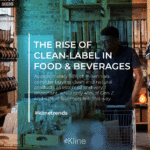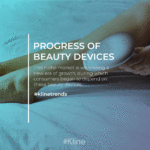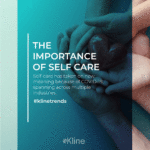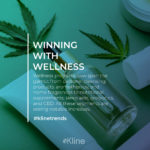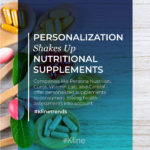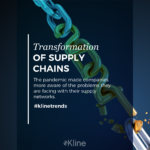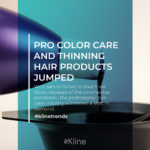
[TREND 29] Pro Color Care and Thinning Hair Products Jumped
[TREND 29] Pro Color Care and Thinning Hair Products Jumped With salons forced to shut their doors because of the coronavirus pandemic, the professional hair care industry witnessed a shift in demand (roughly +15%) in Q2 vs. Q1 2020 for hair care products that help maintain color and manage roots. Products formulated for color care


